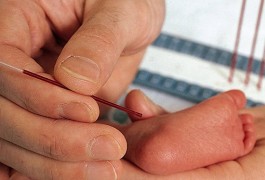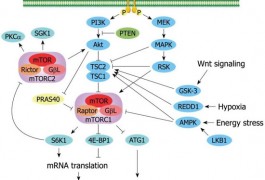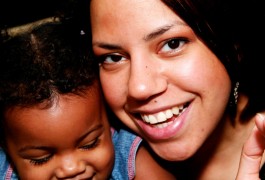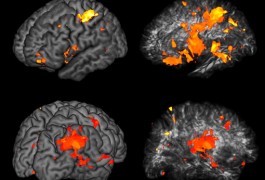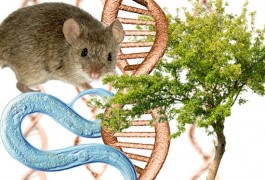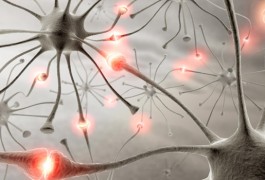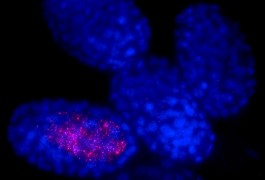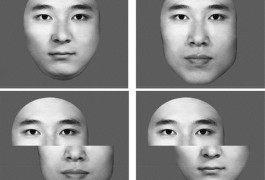New tests for fragile X promise routine screening
A new wave of genetic tests for fragile X syndrome, the leading cause of inherited mental retardation and the most common genetic cause of autism, may make it possible to routinely screen pregnant women and newborns for the syndrome.
